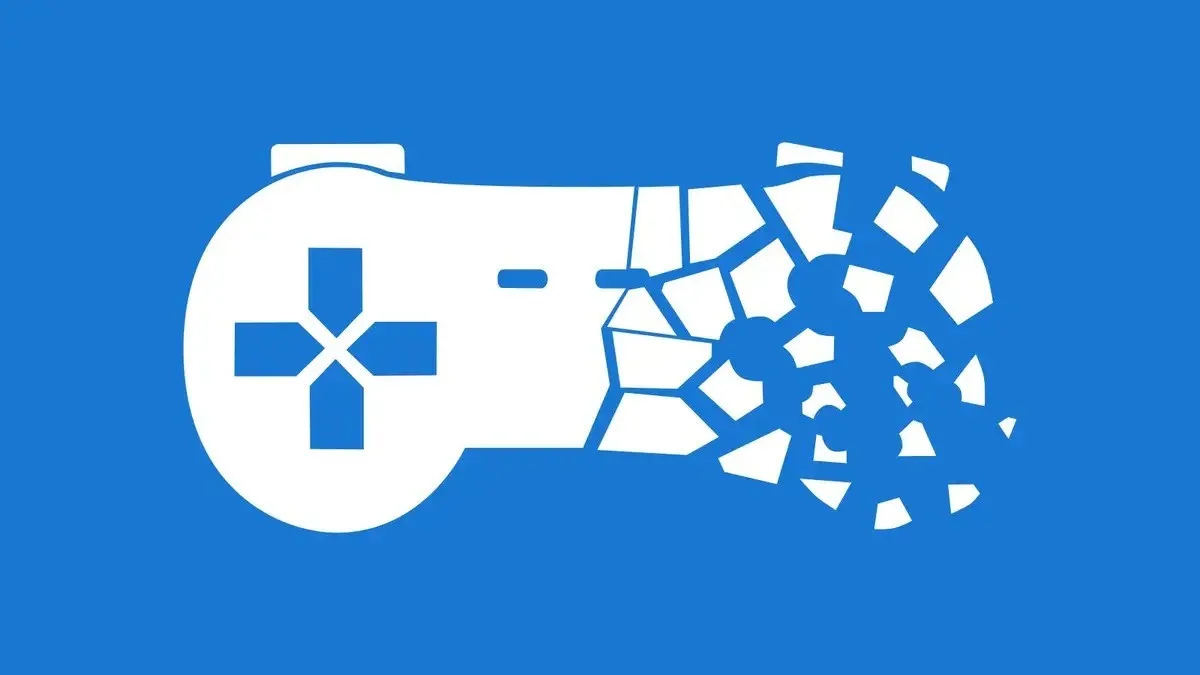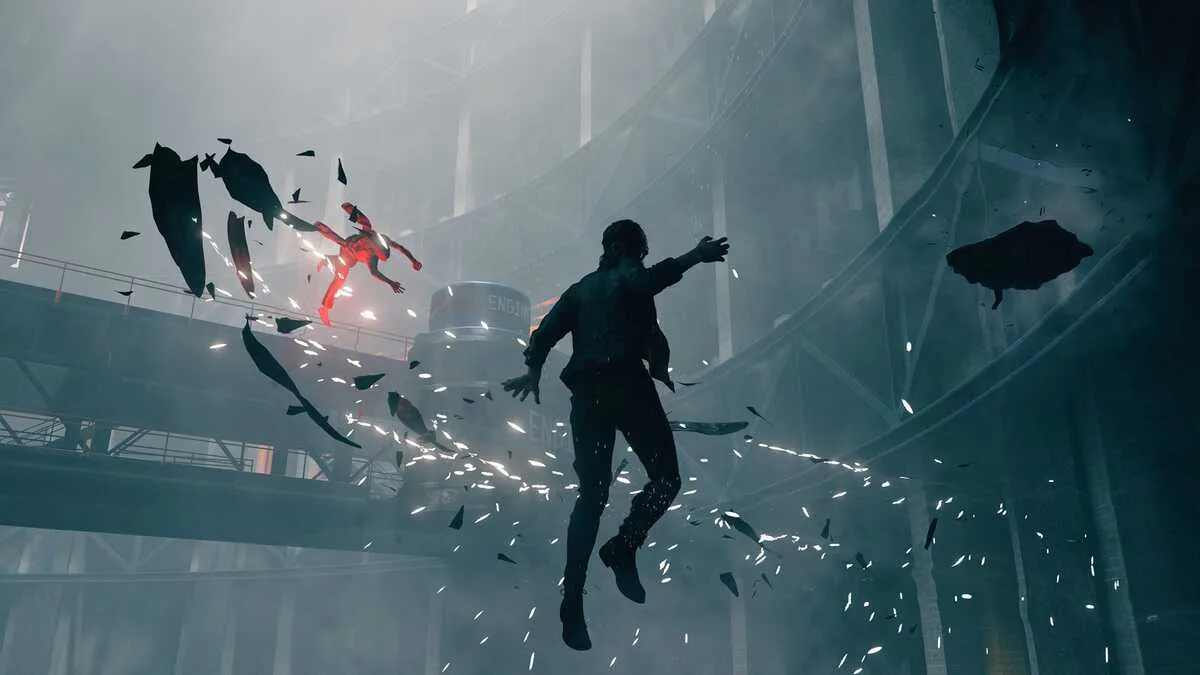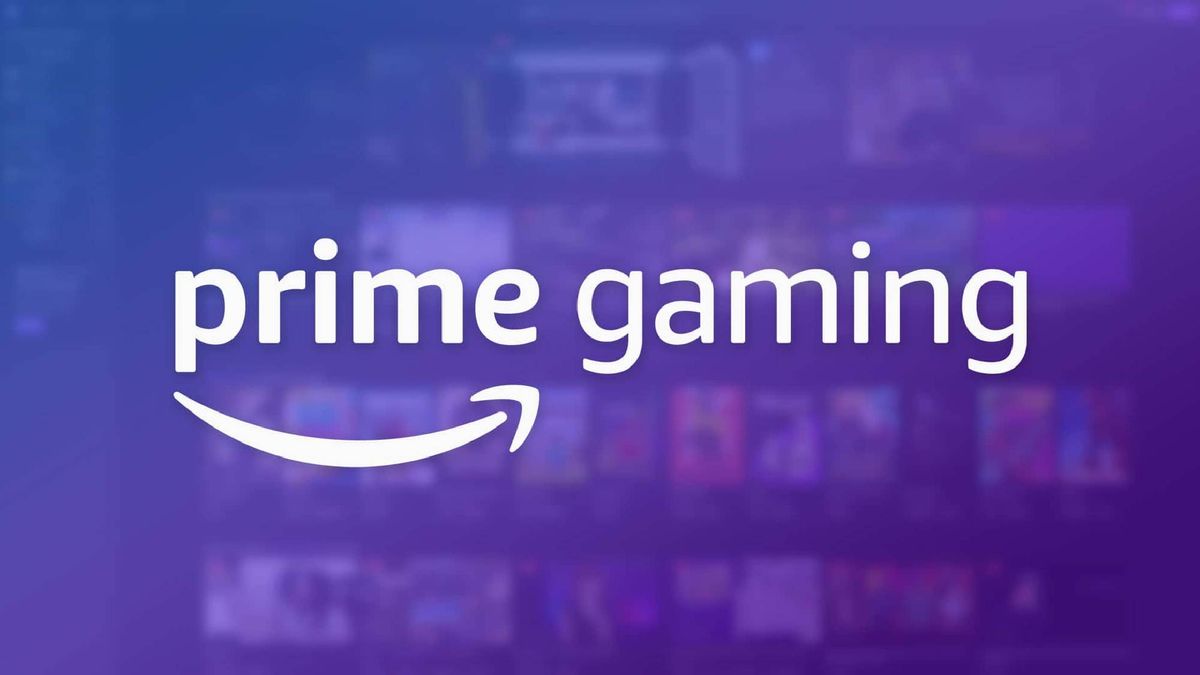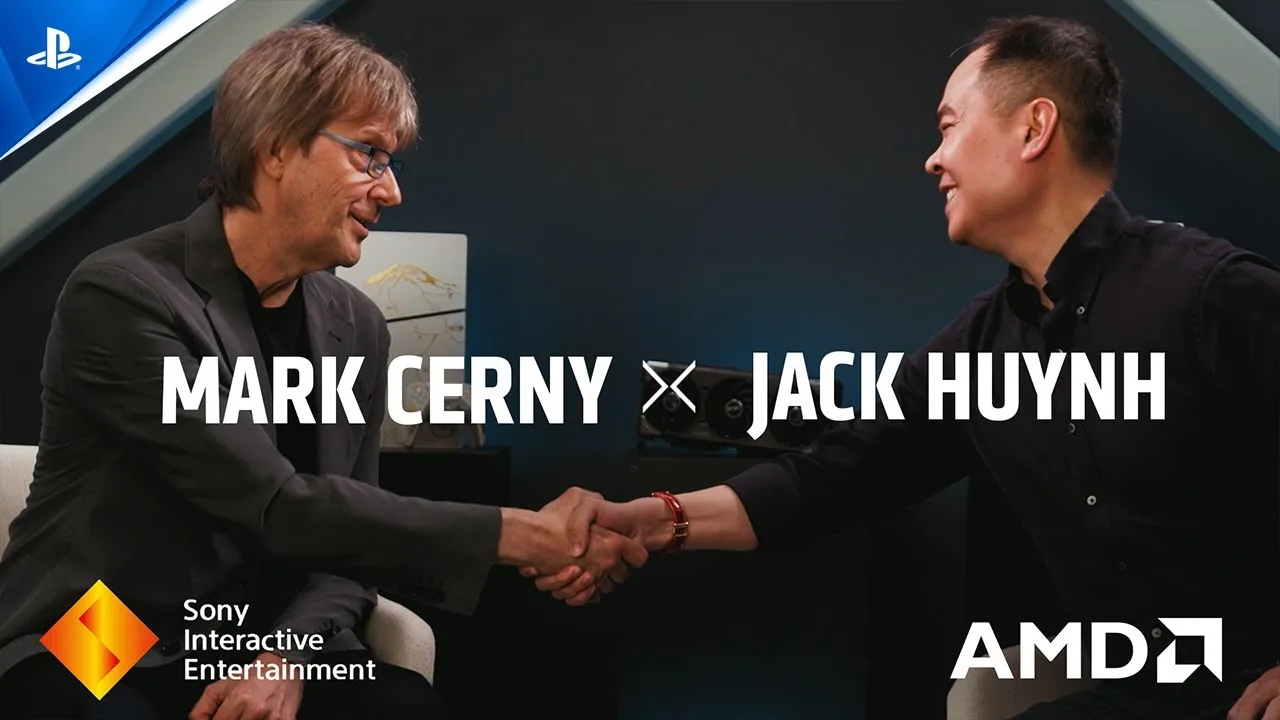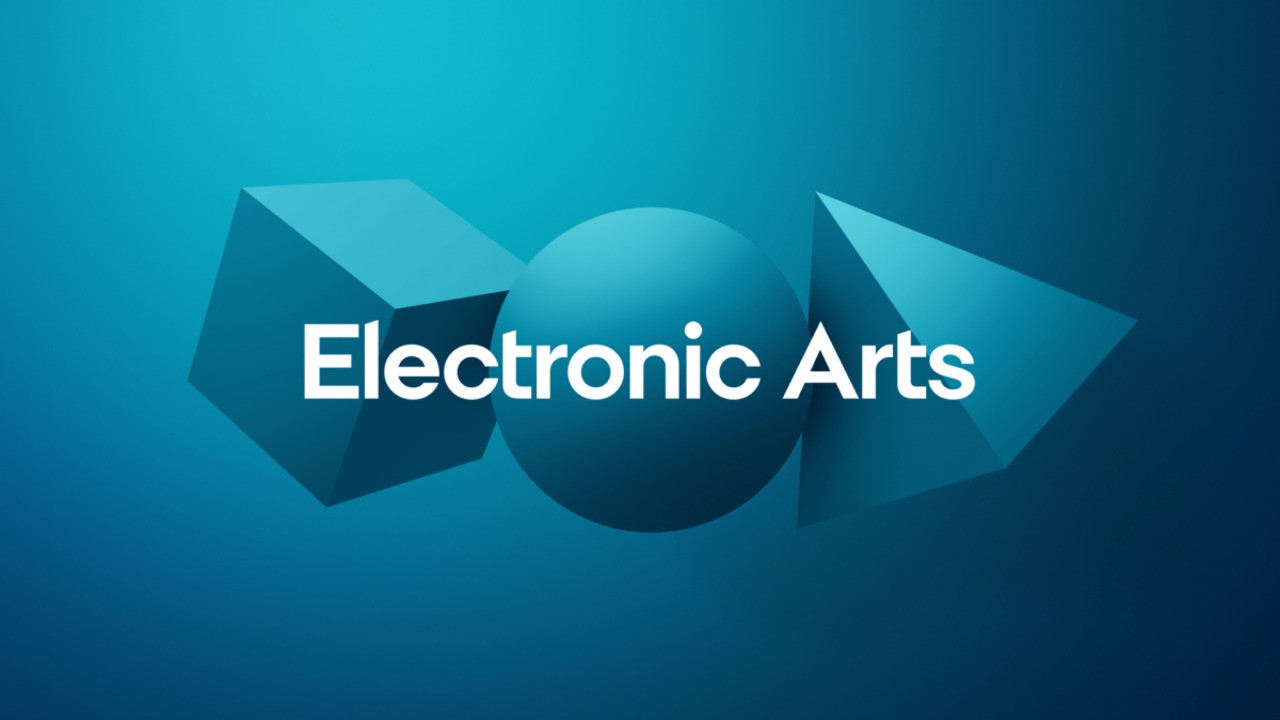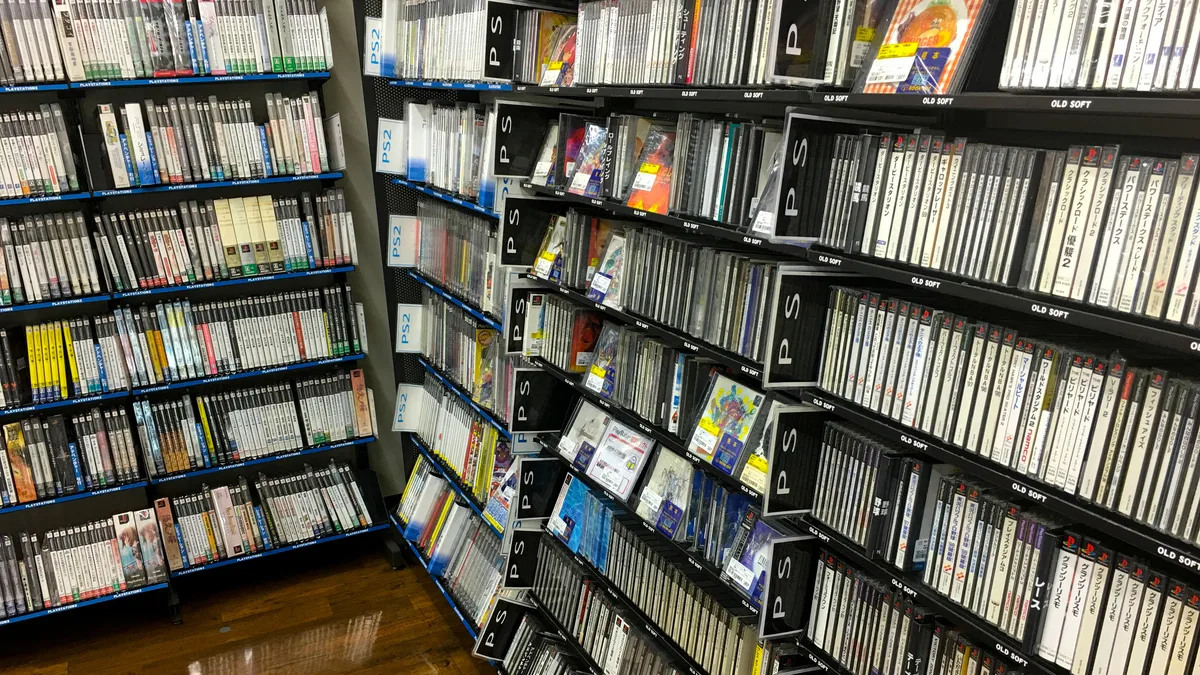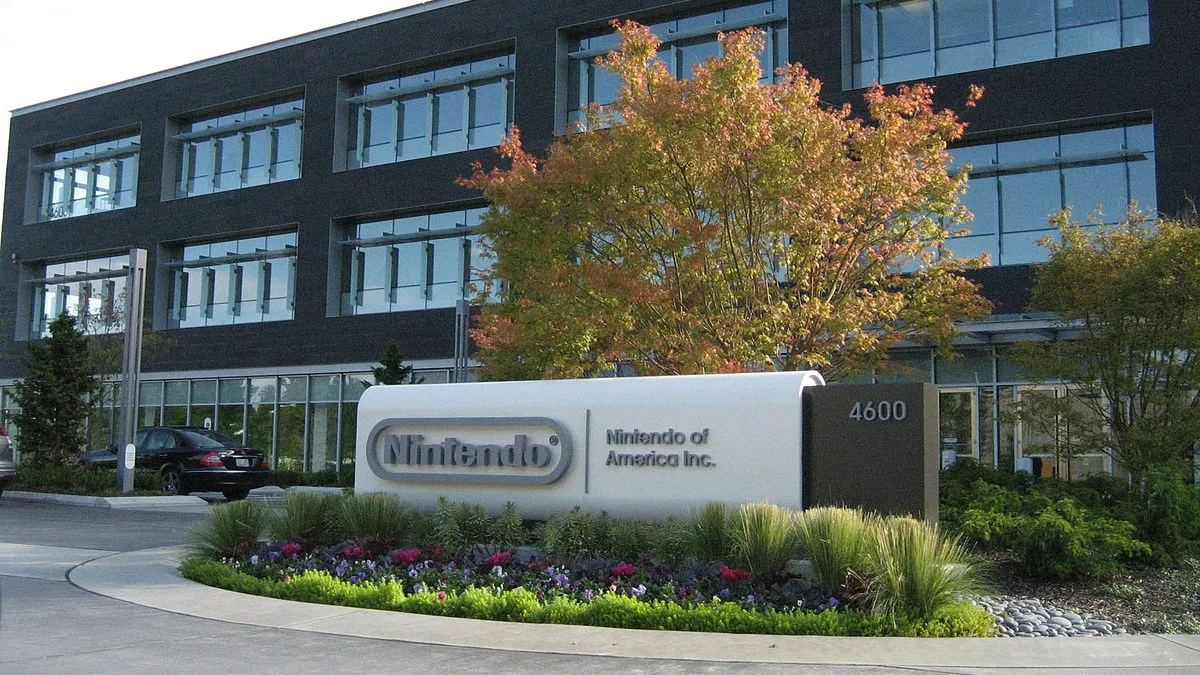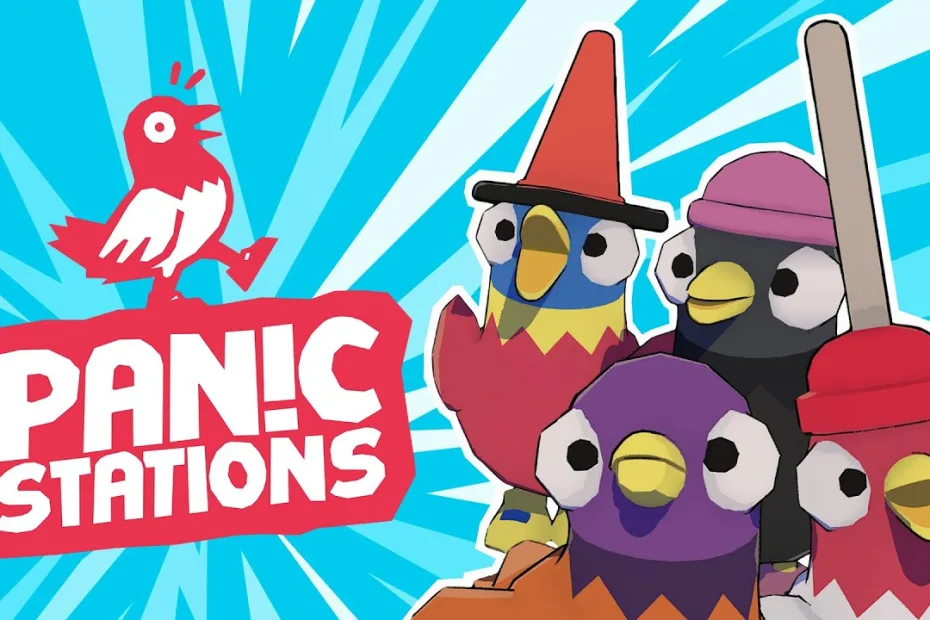
Panics Stations is the newest gaming studio from veterans of Fall Guys
Fall Guys veterans have launched a brand-new studio called Panic Stations, with the mission of creating innovative multiplayer co-op games. The move represents both a continuation of their playful design philosophy and a bold step… Panics Stations is the newest gaming studio from veterans of Fall Guys

